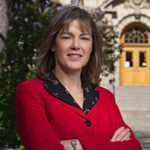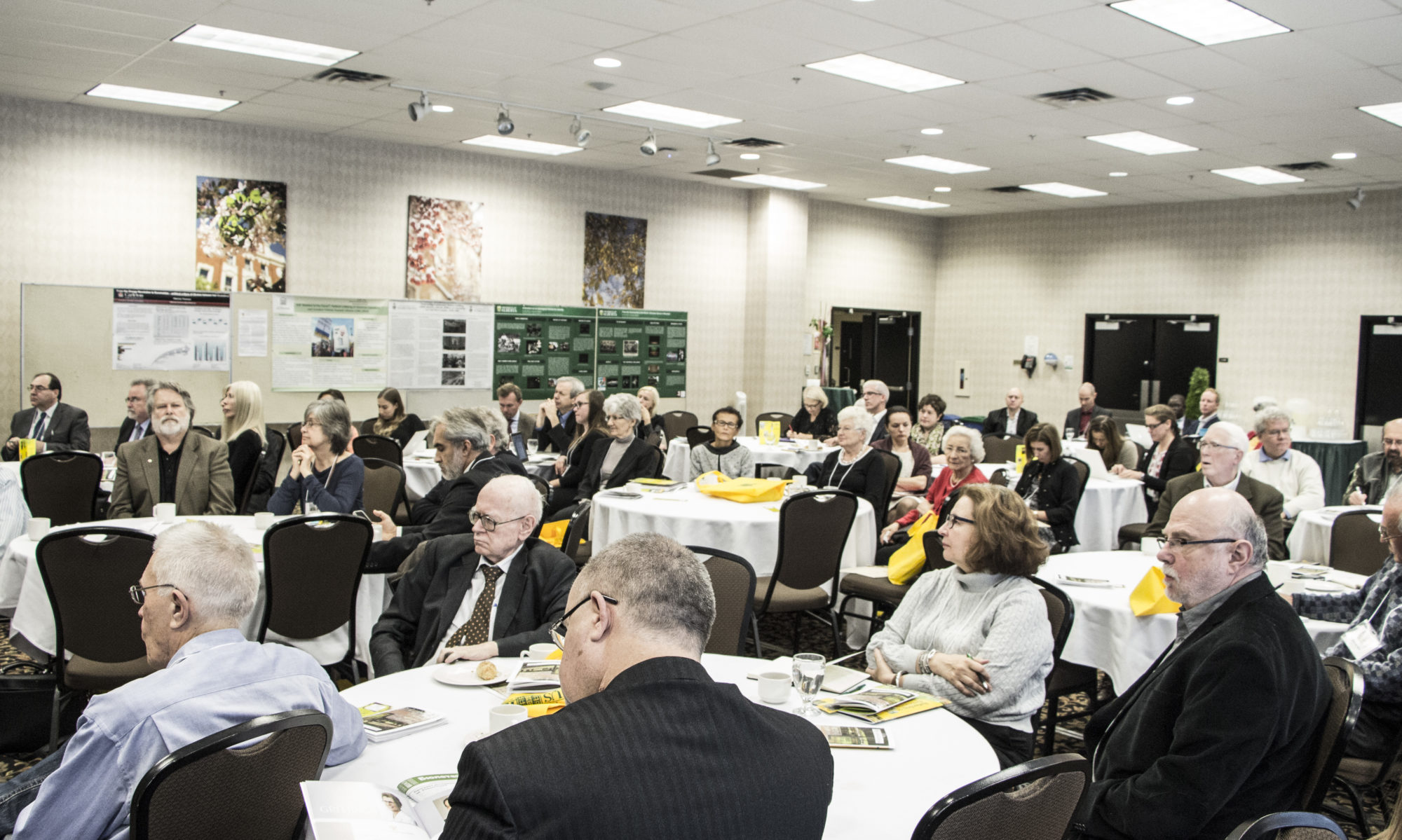 Lesley Cormack
Lesley Cormack
Dean, Faculty of Arts, University of Alberta
The Canadian Institute of Ukrainian Studies is truly a jewel within our Faculty of Arts, and within the wider university, and I think in fact what makes it a jewel is that it doesn’t belong to the Faculty of Arts or to the University of Alberta. It belongs to you, to the community, to the international world.
For forty years, CIUS has been leading the way in Ukrainian and Ukrainian-Canadian scholarship, something that I think is vital as Canada continues to evolve into an increasingly multicultural society, and as we welcome new generations of Ukrainian Canadians. Although CIUS has only been in the Faculty of Arts since 2011, I’m very proud that such a nationally and internationally recognized centre is attached to our faculty.
As you have already heard, CIUS has been a powerhouse of historical research over its first forty years, and of course there is much more to come in the next forty years. You have already heard Dr. Kravchenko talk about the Encyclopedia of Ukraine, which is now online. We have had a number of important research projects, such as the Mykhailo Hrushevsky classic ten-volume History of Ukraine-Rus’. These are just two of the CIUS projects that have made vital contributions to an understanding of Ukrainian history and culture.
However, the time is exactly right for us to think about the next steps. What can CIUS do that will move the conversation on, that will make Ukrainian studies even more important in Canada, in the world, that will make an intervention for good in a situation that is so volatile and so important? We heard some conversation that maybe we need to think about teaching, which I think is probably a very interesting idea. Dr. Kravchenko and I have talked about the idea of summer schools for our students to go to Ukraine to learn the language, to learn the culture, to be in internships or projects in Ukraine. I think this could be a very exciting initiative that our students would be very interested in.
I have also been pleased to see—and would encourage CIUS to continue—good research that makes interventions in events of the day and helps governments make decisions about what they need to do. I think those are going to be important as well. CIUS has been a leader, both in research and in its strong connections to the wider Ukrainian community, not only in Edmonton but also nationally and internationally. Of course, this work could not be possible without the generosity of our donors.
One of the strengths of CIUS has been the large number of people, over many, many years, who have supported CIUS through their work and their advocacy, but also through their hard-earned finances, and so I want to give a heartfelt thank-you to all our donors—especially those in the room today but also to those who have given over the years—for placing your trust in CIUS and for your continued commitment to its important work. Of course, I also extend my thanks to the staff and faculty of CIUS, both past and present, because there are many of you here, and many of you in the ether as well: congratulations. You should be extremely proud of the fruits of your labours. I wish you continued success over the next forty years, and much beyond that.
